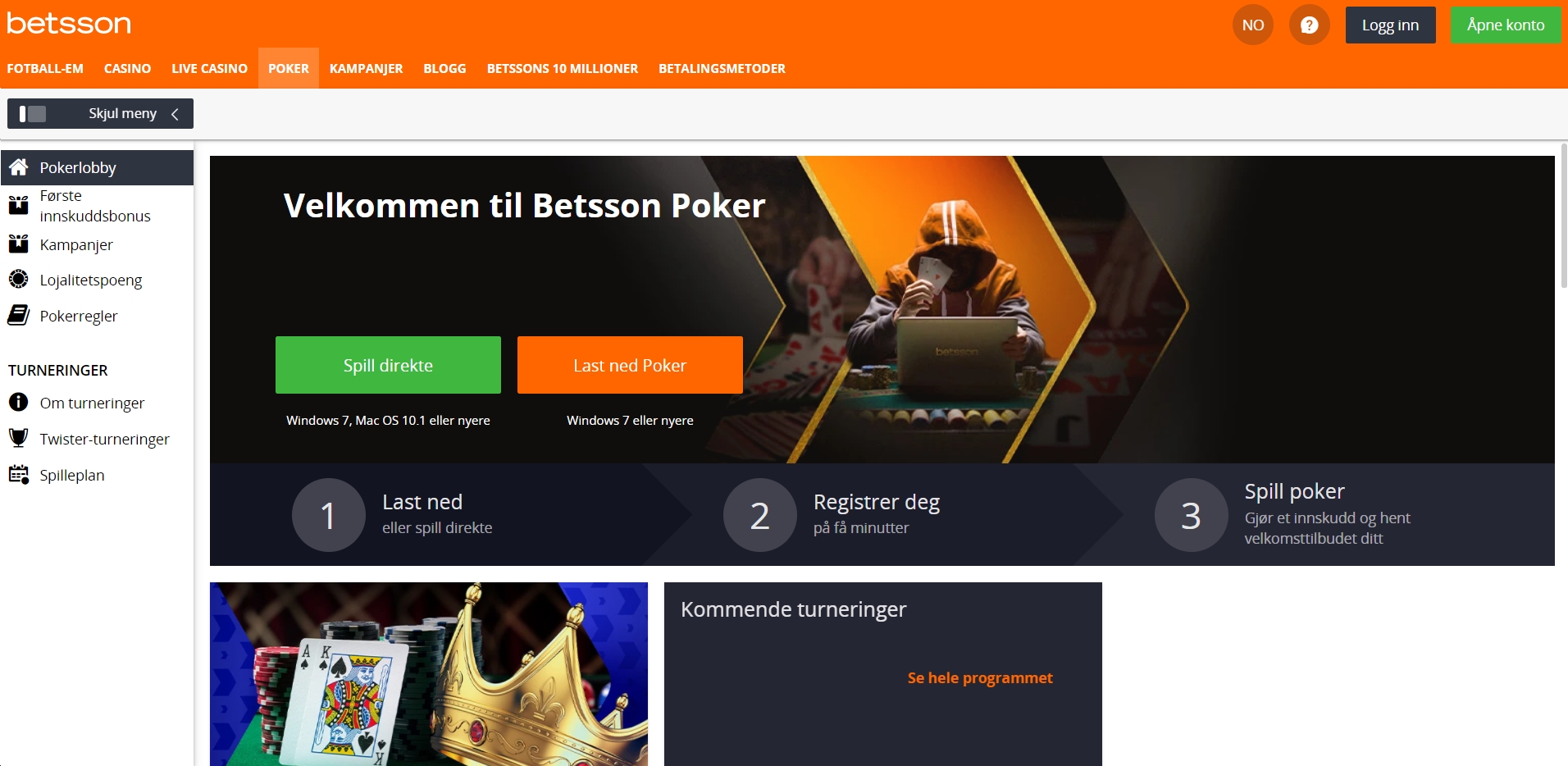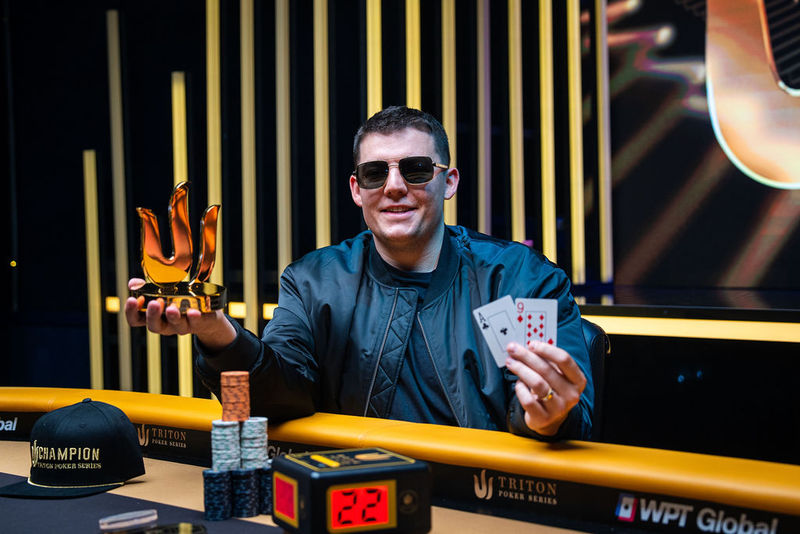CardsChat has learned that Betsson will remain active in Norway while considering its next steps after being told to exit the market by the local gaming regulator.

The BLM Group Ltd, the parent company of Betsson, Betsafe, and other European sites, received a letter from the Norwegian gaming regulator, Lottstift, on July 1, outlining what the regulator describes as acts that breach Norwegian gaming laws. CardsChat spoke to Betsson about the demand to cease operations in Norway within three weeks.
Betsson seeking legal advice in face of being fined
According to Lottstift’s letter, Betsson and its sister sites could be hit with a “coercive fine” if they don’t stop offering services to Norwegian players. This, according to the letter, is a fine that’s not a punishment or dependent on any acceptance of guilt.
Instead, it’s a fine that’s triggered when an “illegal relationship occurs” and one that’s set so “high” it will be financially damaging if it isn’t paid. The threat is one Betsson is taking seriously, though the gaming operator contends that the issue is far from cut and dry. CardsChat spoke to Betsson’s strategic communications manager, Marianne Liljekvist, about the situation.
She confirmed that a letter had been received and that Betsson is “consulting with a local counsel” about the matter.
Regulator Lottstift argues that the Norwegian Lottery Act and the Gambling Act make it illegal for unlicensed companies to offer services to locals. The only online casino company to have such a license is the state-owned Norsk Tipping, which doesn’t offer online poker.
EU free-trade laws vs. Norway’s gaming regulations
Liljekvist told CardsChat that European Union (EU) free-trade laws apply in this context.
“Remote gaming operations are offered according to the terms of the license issued by the Malta Gaming Authority and are based on EU law and principles, which are recognized by the European courts,” Liljekvist told CardsChat.
Norway’s regulator preempted this point in its letter, stating that its gaming laws apply to offshore operators when the products are aimed at local players. Liljekvist didn’t comment on this, but told CardsChat that the discordance between EU law and Norway’s gaming regulations has caused similar problems for other operators.
“The situation has not changed, and while other operators have received similar notifications in the past, it is too early to comment on how Betsson Group will be reacting to this,” Liljekvist concluded.
Who else is on the firing line?
One of the “other operators” Liljekvist is referring to is the Kindred Group. The parent company of Unibet Poker was issued a cease and desist order in 2019. Similar to Betsson, sites linked to the Kindred Group were accused of targeting Norwegian players with promotions in the local currency (NOK), and with using local ambassadors and social media channels.
Kindred challenged the order, but the Norwegian Ministry of Culture rejected the appeal in May 2020. The company subsequently vowed to challenge the order and, to this day, tests at CardsChat show that Kindred sites, including Unibet, are still accessible in Norway.
CardsChat reached out to the Stockholm-listed operator for comment but had not heard back as of press time.
The issue at the heart of both matters is two competing legal frameworks. The BLM Group and Kindred are both licensed by the Malta Gaming Authority (MGA). As such, they’re legal entities that have a right to offer services across Europe under EU free-trade laws.
Norway isn’t part of the European Union, but it does have official links to it through its membership of the European Economic Area (EEA). Lottstift’s position is that unlicensed operators targeting Norwegian customers are breaching its gaming laws. That, from the regulator’s perspective, supersedes EU law.
As is often the case when bureaucracy, red tape, and competing laws are in play, the situation is complex. For now, Betsson and its sister sites are still accessible via a Norwegian IP address, but that may change.


